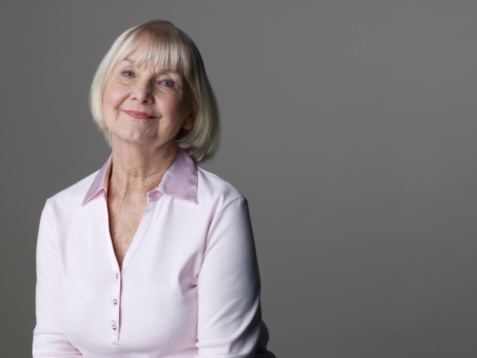 While most people try to prepare financially for the prospect of getting old, many are left to face the high costs of round-the-clock care without adequate pensions or savings. For most, when physical and mental health begins to fail, a long-term residence would probably be the best option to receive any needed care.
While most people try to prepare financially for the prospect of getting old, many are left to face the high costs of round-the-clock care without adequate pensions or savings. For most, when physical and mental health begins to fail, a long-term residence would probably be the best option to receive any needed care.
Many long-term residences offer some autonomy such as a private suite and bathroom but 24-hour care just steps away. These residences allow older seniors to have some quality of life, while still getting the help they need. Unfortunately, most of these residences come with a hefty price tag that a lot of seniors simply can’t afford.
When a senior makes the decision to stay in their home, getting the care they need can be a real problem. Arrangements have to be made for a healthcare aide and/or nurse to make regular visits. Who is going to fill this growing need in a population that’s aging in record numbers? According to recent news, it’s fellow seniors that are stepping in to help out the elderly.
It’s no longer uncommon to see a healthy 70-year-old working as a caregiver to a 90-year-old senior. Reports suggest that up to 30% of direct-care workers are now over the age of 55. Many people are surprised by this shift in the age of the healthcare workforce. After all, many seniors who have joined the workforce are dealing with their own health issues. This can make it a challenge to perform heavy lifting and other physically demanding caregiving tasks.
But many seniors feel a connection with the elderly. They understand that these people, now suffering from Alzheimer’s or a debilitating chronic condition, used to be vibrant and energetic people. It makes it easier to help out with all the daily tasks that need to be taken care of when an older adult is ill. A senior healthcare aide might find themselves shaving and dressing a client, helping to bathe a client, preparing meals, doing laundry and housekeeping, and helping to get clients to appointments. Some healthcare aides help to keep clients feeling more positive emotionally by reading to them, engaging them in conversations, and sharing some anecdotes about their own lives.
Many seniors are finding that their new career comes with unexpected rewards. They find the people they work with interesting, with a lifetime of experiences to relate to. Senior healthcare aides also report that they get to face their own fears about aging and illness and can often talk to clients openly about these issues. Some healthcare aides talk about the bond they form with their client and that it becomes a source of strength in their own lives.
Homecare work is not for everyone—the industry has a notoriously quick turnover of staff. Luckily, the latest trend of hiring seniors to do the work of a healthcare aide has paid off and brought some stability to a workforce often beset by staffing shortages. For seniors working as healthcare aides, the job gives them the opportunity to supplement their retirement income.
If you’re a senior who has been looking for a career that you can do now that you’re retired, consider becoming a healthcare aide. The work can be physically demanding, but also meaningful and rewarding.
Sources:
“Seniors fill ranks of caregiving workforce for elderly,” CBC News Health web site, Jan. 6, 2014; http://www.cbc.ca/news/health/seniors-fill-ranks-of-caregiving-workforce-for-elderly-1.2485384, last accessed Jan. 7, 2014.
Kay Lim, L., “More seniors stepping up to help,” Facebook web site, Jun 17, 2012; https://www.facebook.com/notes/reachsingapore/more-seniors-stepping-up-to-help/10150903045278795, last accessed Jan. 7, 2014.
